Healthy Eating
Eat Well, Feel Great: Simple Steps to Nourish Your Body
Tips for Healthy Eating During Pregnancy

Eating a balanced, nutrient-rich diet is always important, but it’s especially crucial during pregnancy. While the old saying “eating for two” doesn’t mean doubling your portions, it does mean making every bite count. Your baby relies entirely on your diet for the nutrients needed to grow and develop, so choosing wholesome, nourishing foods benefits both of you.
Prioritize Regular, Balanced Meals
Never skip meals, especially breakfast. After a night of fasting, both you and your baby need fuel to start the day. Going too long without eating can trigger nausea or dizziness, which are your body’s signals that it’s time to refuel. Aim for three balanced meals and 2–3 healthy snacks throughout the day to maintain steady energy and blood sugar levels.

Focus on Key Nutrients
Dairy: Aim for 3–4 servings of dairy daily (such as milk, yogurt, or hard cheeses like cheddar). These provide calcium, which supports your baby’s bone development and helps maintain your own bone and dental health. If you’re lactose intolerant or prefer plant-based options, choose fortified alternatives like almond or soy milk.
Fruits and Vegetables: Fill half your plate with colorful produce. Leafy greens, broccoli, berries, and sweet potatoes are excellent choices, they’re rich in vitamins, fiber, and antioxidants. Not only will they support your baby’s growth, but they can also boost your energy and digestion.
Lean Proteins & Whole Grains: Include sources like beans, eggs, lean meats, poultry, nuts, and whole grains (oats, brown rice, quinoa) to support tissue growth and keep you feeling full longer.

Foods to Avoid
Some foods pose risks during pregnancy and should be avoided:
- Unpasteurized dairy and juices (e.g., soft cheeses like brie, feta, or blue cheese unless labeled “pasteurized”)
- High-mercury fish such as shark, swordfish, king mackerel, and tilefish
- Raw or undercooked eggs (found in homemade mayonnaise, Caesar dressing, or cookie dough)
- Undercooked or deli meats, if you eat cold cuts or hot dogs, heat them until steaming to kill potential bacteria like Listeria
- Excess caffeine, limit to under 200 mg per day (about one 12-oz cup of coffee). Be mindful of hidden sources like soda, chocolate, and energy drinks
When in doubt, consult your healthcare provider. They can give you a personalized list of safe and unsafe foods based on your health and dietary needs.

Listen to Your Body
Pregnancy can change how your body reacts to food. You might suddenly dislike strong-smelling foods, greasy meals, or even foods you once loved. That’s normal! Follow your cravings when they’re healthy, and avoid foods that make you feel unwell.
Allow for Occasional Treats
Healthy eating doesn’t mean giving up joy. It’s perfectly fine to enjoy a frozen yogurt, smoothie, or small dessert now and then. Balance is key, nourish your body most of the time, and treat yourself mindfully.
Stay Hydrated
Don’t forget fluids! Drink plenty of water throughout the day, aim for 8–10 cups. Herbal teas (approved by your doctor) and natural fruit juices in moderation can also contribute to your hydration. Proper fluid intake supports amniotic fluid levels, circulation, and digestion.
Eating well during pregnancy isn’t just about your baby, it’s an investment in your own strength, energy, and recovery. And who knows? You might discover a love for nutritious eating that lasts long after your little one arrives. Always talk to your healthcare provider before making major dietary changes, especially if you have specific health conditions or concerns.
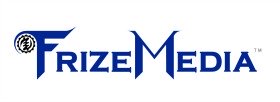
Looking After Your Heart
Healthy eating plays a vital role in keeping your heart strong and functioning efficiently. As one of your body’s most essential organs, your heart relies on the nutrients you consume to pump blood effectively throughout your system. Fortunately, heart-healthy foods are widely available at your local supermarket.
By choosing options you enjoy, such as fruits, vegetables, whole grains, lean proteins, and healthy fats, you can support cardiovascular health and help reduce your risk of heart disease. While managing cholesterol is an important aspect of a heart-healthy diet, it’s just one piece of the puzzle; limiting saturated and trans fats, reducing sodium, and increasing fiber intake are equally crucial for long-term heart health.
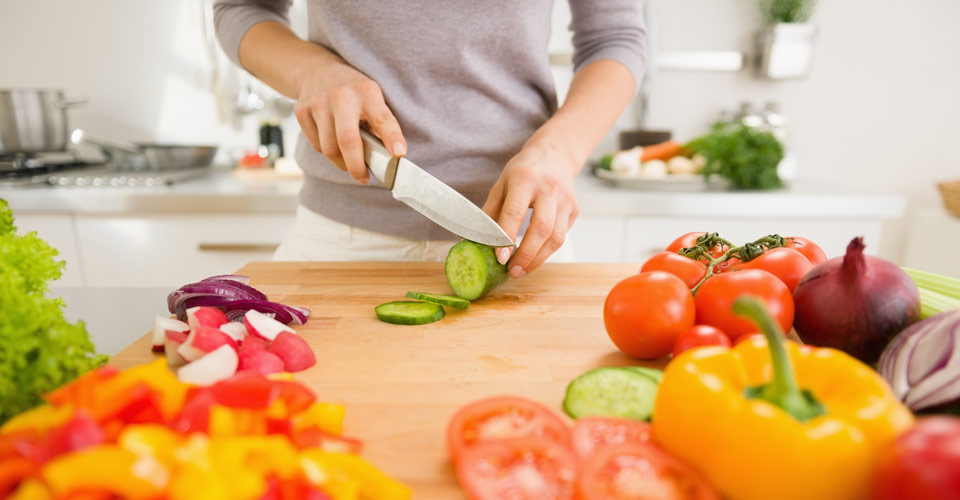
There are both good cholesterols and bad cholesterols. Good cholesterols are called HDL, and their job in the body is to take excess bad cholesterol (LDL) to the liver, where it can be broken down and then will leave the body. LDL is actually not needed by your body at all from foods. Our bodies make enough of this kind of cholesterol on its own.
It is the LDL cholesterol that hurts our hearts, not the HDL cholesterol, which actually helps our hearts by reducing the amount of LDL cholesterol in the body. LDL stands for low-density lipoproteins. Because this substance has a low density, it does not flow through the blood stream as readily as it should. The red blood cells easily release the LDL cholesterol and it sticks to the walls of your blood vessels, especially in the arteries leading to your heart.
This is bad for a number of reasons. First, when the LDL cholesterol builds up on your arteries, it reduces the amount of blood that can fit through at a time, since the artery becomes smaller. That means your heart has to pump harder and faster in order to allow the same amount of blood to flow through your body. Over time, this makes your heart tired and not as strong.
In the worst-case scenario, the blood vessel becomes so built up with LDL cholesterol that your artery could close completely. When this happens, your heart essentially panics because it is not getting the blood it needs and it starts beating rapidly to try to pump the blood. This causes a heart attack. You can also have a heart attack from LDL cholesterol build up if a piece of the build-up, called plaque, breaks off and floats down the blood stream.
Healthy Eating And Becoming A Healthy Eater
When it reaches a smaller part of the blood vessel, it will get stuck and block the blood, which again causes a heart attack. If the piece of plaque travels to the brain instead of the heart, it will cause a blockage in this area of the body, which in turn causes a stroke. Therefore, it is simply important to cut out of your diet the foods high in cholesterol so that you can prevent heart disease and other problems in the body.
The Importance Of Eating Healthy
Eating Healthy And Changing The Way You Eat
The Value Of Fruit In The Diet
Browse All Our Informative Topics
InternetBusinessIdeas-Viralmarketing Home Page
Tweet
Follow @Charlesfrize
FrizeMedia Ghana SEO SEM Digital Marketing Proposal
The Best And Top Digital Marketing And SEO Services In Ghana
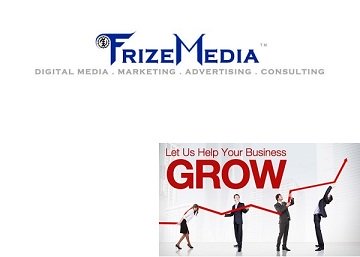
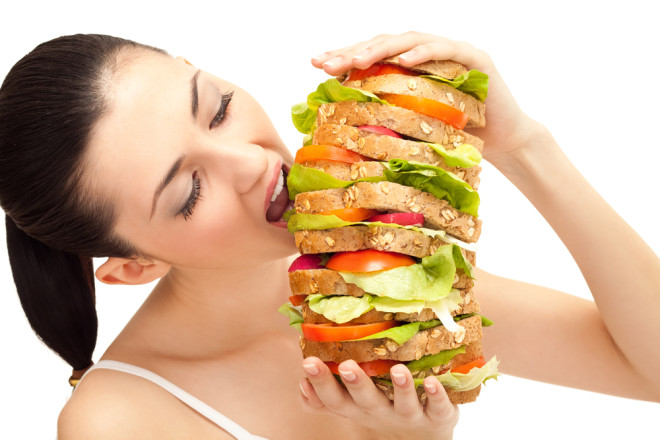

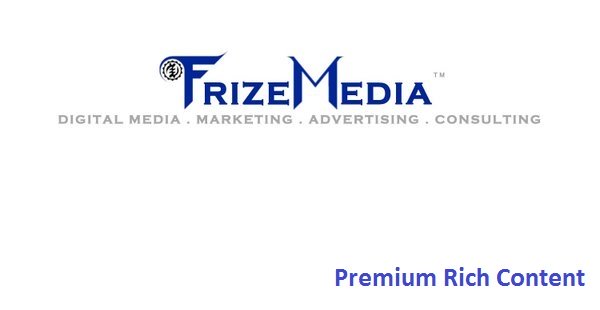





New! Comments
Have your say about what you just read! Leave a comment in the box below.